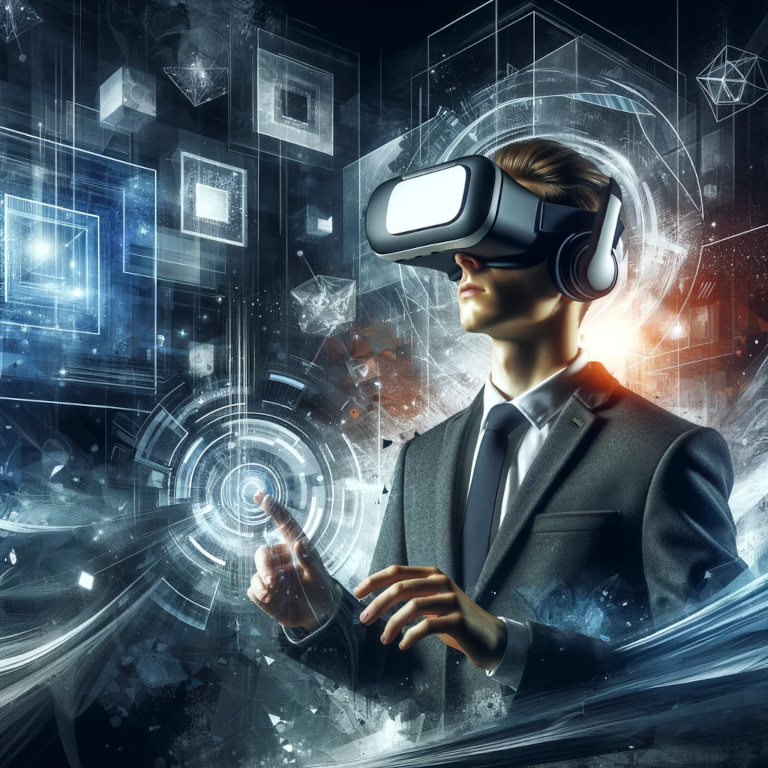In the ever-evolving world of entertainment, virtual reality (VR) has emerged as a groundbreaking development, transforming how we interact with digital content and offering a new dimension to immersive experiences. Virtual reality entertainment is not just a fleeting trend but a significant leap forward, allowing users to step inside their favorite games, explore distant worlds, and experience stories in a way that was once only imaginable.
What is Virtual Reality Entertainment?
Virtual reality entertainment utilizes VR technology to create a simulated environment that users can interact with in a seemingly real way through the use of VR headsets and motion tracking. Unlike traditional forms of media that confine the viewer to a screen, VR envelops the user in a 360-degree world where they can look around, move, and interact with virtual features and objects.
The Components of VR Entertainment
The core of virtual reality’s allure lies in its components:
- Immersive Realism: VR provides a high degree of immersion that tricks the mind into believing it is somewhere else. This is achieved through stunning visuals, responsive environments, and 3D audio.
- Interactivity: Interaction within VR is pivotal. Whether it’s manipulating objects, choosing paths, or solving puzzles, VR makes the user a key player in the narrative.
- Innovative Storytelling: With VR, storytellers can craft experiences that are not possible in traditional media. Viewers can experience stories from within, using their actions to influence the outcome.
Industry Applications
The application of VR in entertainment spans various sectors:
- Gaming: Virtual reality has revolutionized gaming, providing breathtaking immersive experiences and interactive gameplay that enhances user engagement.
- Movies and Theater: Filmmakers are experimenting with VR to tell stories in innovative ways, offering viewers a dynamic role in the narrative.
- Theme Parks and Attractions: Theme parks have begun implementing VR to transform traditional rides into thrilling adventures, making every visit unforgettable.
The Future of VR Entertainment
As technology advances, the potential for VR in entertainment continues to expand. Future developments could include more refined sensory feedback mechanisms such as haptics, smell, and taste, further enhancing the depth of immersion. Additionally, as VR becomes more accessible, it will likely become a staple in home entertainment systems.
Virtual reality entertainment stands at the frontier of digital interactive experiences, promising to redefine our engagement with media and entertainment. It not only enhances how we play and learn but also enriches how we connect and experience the digital world. As this technology continues to evolve, it will undoubtedly unveil new opportunities that will astonish and delight users around the globe.
By diving into the realm of VR, we can explore new territories of creativity and experience, marking an exciting chapter in the evolution of entertainment.






